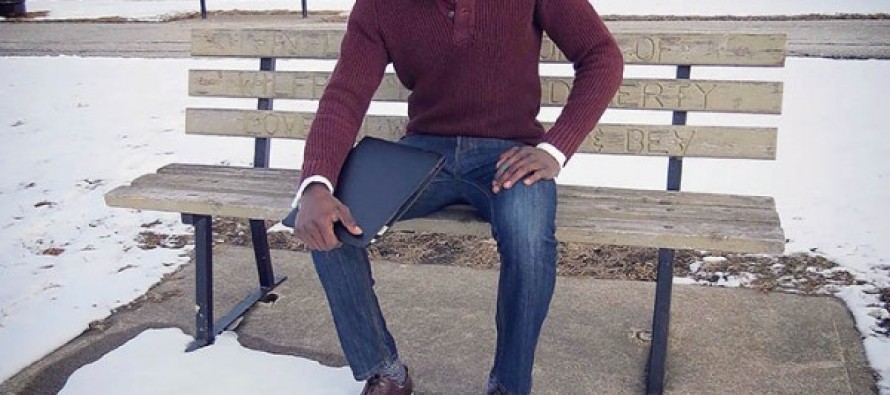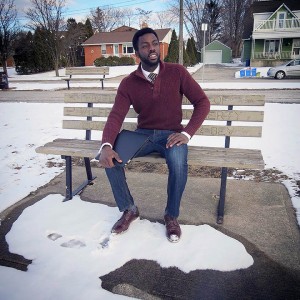What’s in a Name?

“Black” names may get fewer interview call backs than “white” names, according to some members of Windsor’s black community.
In a study conducted by the University of Chicago, thousands of identical resumes were sent to various employers. The only differences were the names, with some having stereotypical “white” names and others with stereotypical “black” names. The resumes with white names were 50 per cent more likely to get called back for an interview than the resumes with “black” names.
University of Windsor Black Alliance President and windsorite Loba Afolabi says this happens in Windsor as well.
“I changed my legal name from Loba to Jordan to make it easier for these types of things,” said Afolabi. “I do notice a difference when I put Jordan on my resume versus Loba. People respond a lot more to my resumes when I use that name.”
According to Afolabi, the decrease in call-backs is rooted in racial and cultural discrimination, because a name can imply a specific race or a specific culture.
In fact, a 2011 study conducted by the University of Toronto found that ethnic names were 35 per cent less likely to receive callbacks than white sounding names.
According to Rob Gyori of Impact Staffing, their competitiveness depends on their ability to embrace diversity and realize the benefits.
“Diversity can have multiple benefits in the workplace such as increased adaptability, broader service range, and a variety of viewpoints and more,” said Gyori. “Impact staffing continues to support diversity in the workplace and does not discriminate based on names.”
Afolabi said he believes the negative stereotypes in the media about members of the black community causes increased discrimination towards them.
“The archetype of a hyper-masculine, aggressive black man is a recent stereotype,” said Afolabi. “It’s not something that was associated with black culture for long. We weren’t known as a violent or aggressive community before the 50s or so.”
Afolabi’s brother, Lakin Afolabi, is a practicing criminal justice lawyer in London, Ont. According to Lakin, people often comment about his name, but it may not have completely affected his ability to get a job.
“I’m sure people have been prejudiced because of my name before,” said Lakin. “But there were other factors that could have been reasons why it may have been hard to find employment, I don’t know.”
Lakin said while only certain aspects of black culture are highlighted by society, there is really no one version of black culture. According to him, there are many different versions dependent on environmental influences and it is important to recognize that.
Both of the Afolabi brothers agree that presentation and education are important keys in creating a positive shift in the public perception of the black community.
“I try to present myself in a friendly way and I follow a lot of fashion accounts,” said Afolabi. “I am always working on my presentation and I’m trying to get educated as well.”
Lakin also agreed that it is important to be educated and distinguished in order to fight the prejudices people may have.
“I don’t have agency in the name that I was given, I don’t have agency in my skin colour, I don’t have agency in how big my lips are or how tall or how short I am, but I do have agency in how I present myself,” said Lakin.



